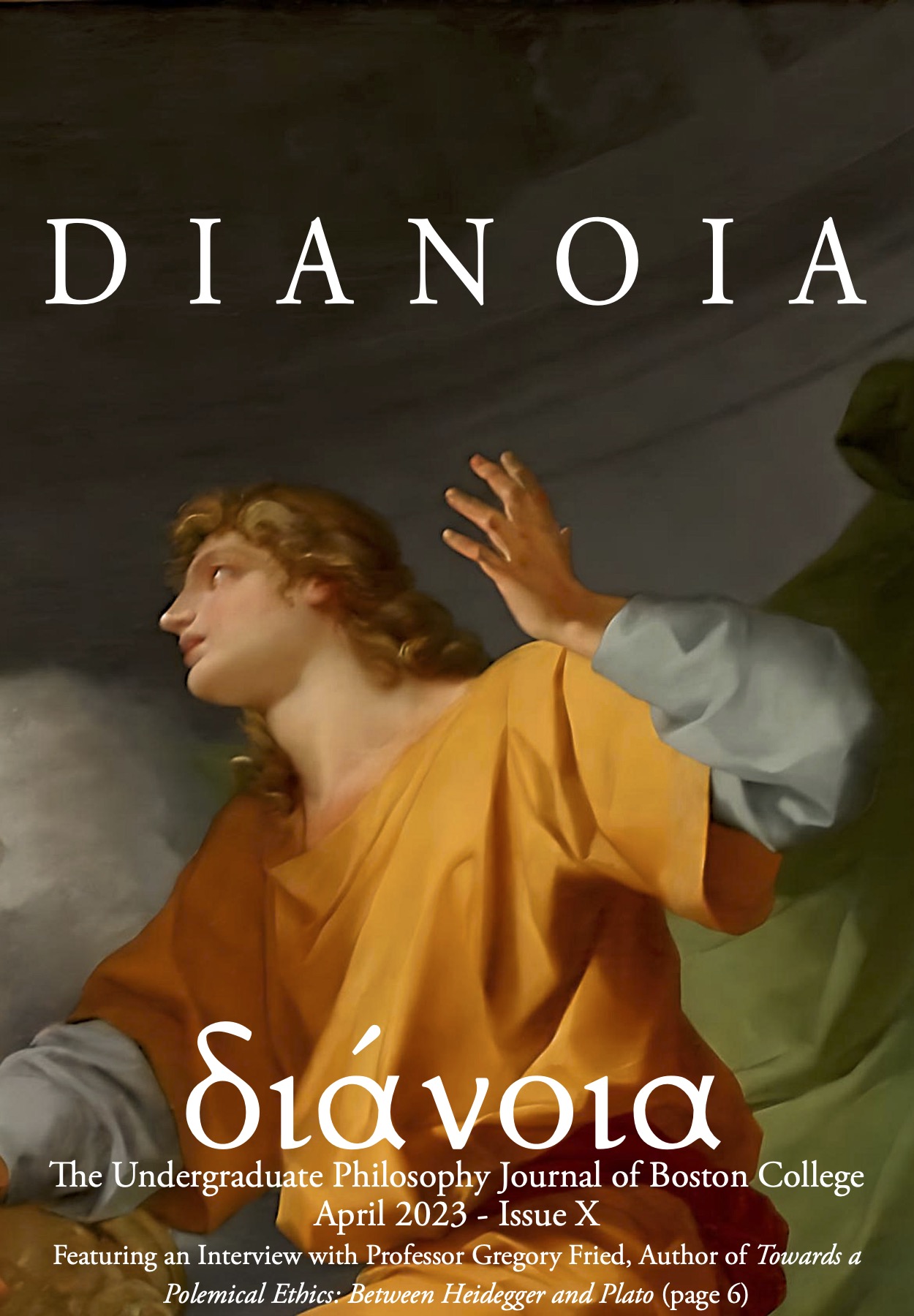Kant's Racial and Moral Theories
The Importance of a Teleological Perspective
DOI:
https://doi.org/10.6017/dupjbc.v0iX.16601Abstract
In the field of study of Immaneul Kant, it has become apparent that scholars must reassess his seemingly universalist moral theory in the context of his racist and otherwise bigoted thought. In particular, many of these analyses revolve around one particular instance of anti-colonial sentiment found in Kant’s essay “Toward Perpetual Peace”. In this paper, I engage with two attempts by Pauline Kleingeld and Lucy Allais, which argue for a primarily-universalist and primarily-racist Kant respectively. Ultimately, I argue that Kleingeld and Allais’ analyses both fail because they prioritize philosophical motivations for Kant other than his teleology in his conceptions of morality and human nature. I first present an analysis of Kant’s work focused around his essay “Idea for a Universal History with a Cosmopolitan Aim” that demonstrates the primacy of teleology to Kant’s system of thought, including his moral theory. I then argue that it is the nature of a teleological system such as Kant’s to establish a hierarchy, and I show how this is apparent in Kant’s work, including “Groundwork of the Metaphysics of Morals”. Under this lens, it becomes clear that Kant’s exclusionary epistemology of human nature is not inconsistent with his ethics, and is easily recontextualized through his teleological perspective of human life and behavior.
Downloads
Published
How to Cite
Issue
Section
License
Copyright (c) 2023 Trustees of Boston College

This work is licensed under a Creative Commons Attribution 4.0 International License.
Please navigate to the Copyright Notice page for more information.

